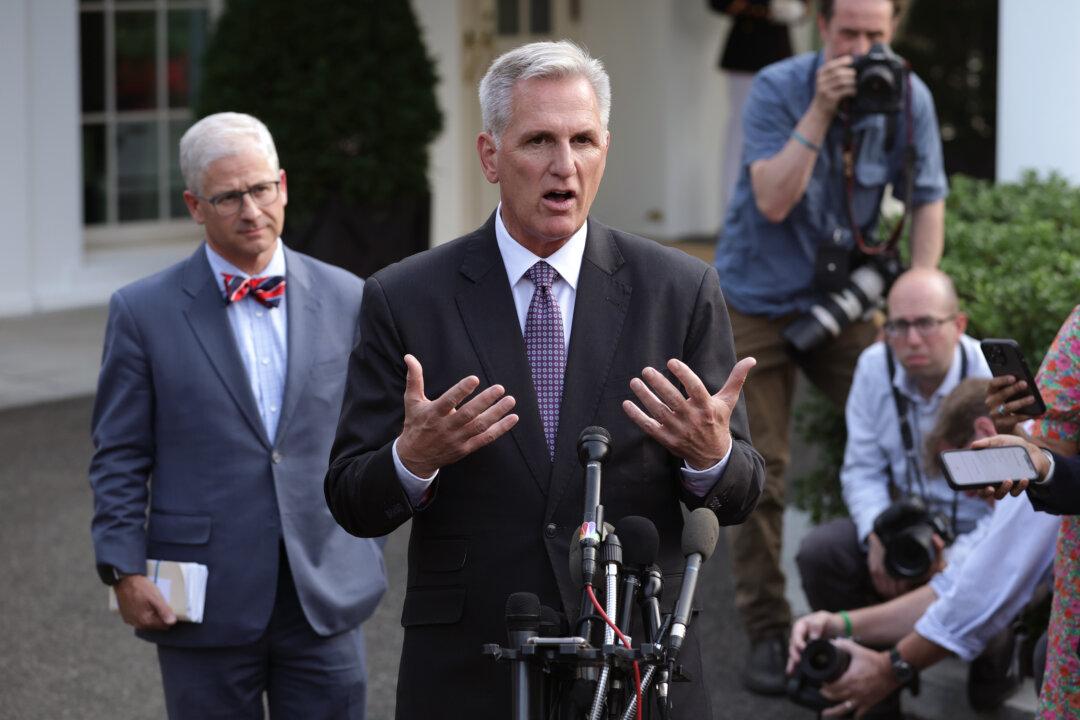Republican and Democratic leaders in Congress both portray the long-awaited deal to raise the nation’s debt ceiling as a win for their side.
The Fiscal Responsibility Act of 2023, unveiled on May 29, ends a months-long disagreement between President Joe Biden and House Speaker Kevin McCarthy (R-Calif.) over the terms for increasing the borrowing limit. The deal would suspend the country’s $31.4 trillion debt limit through Jan. 1, 2025.





